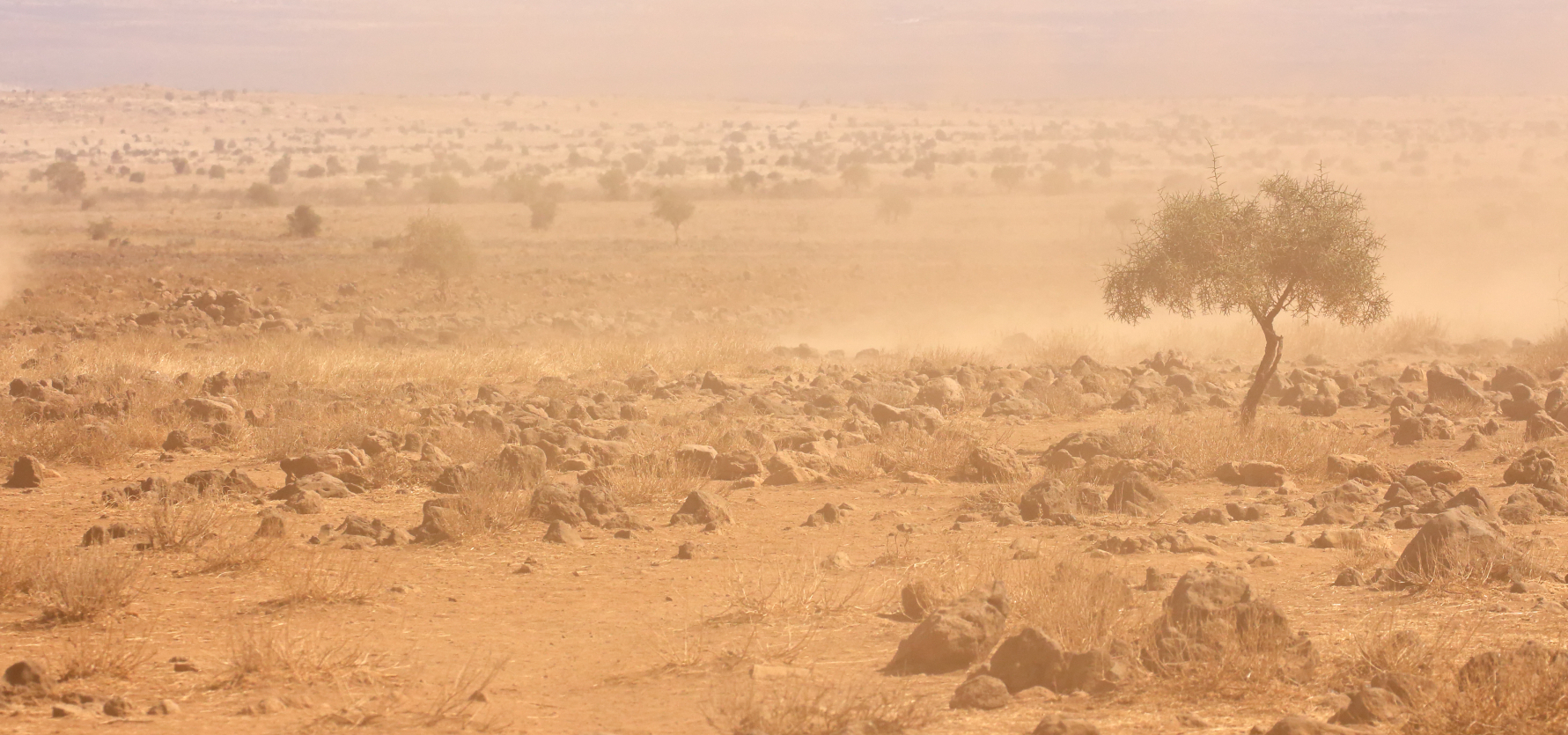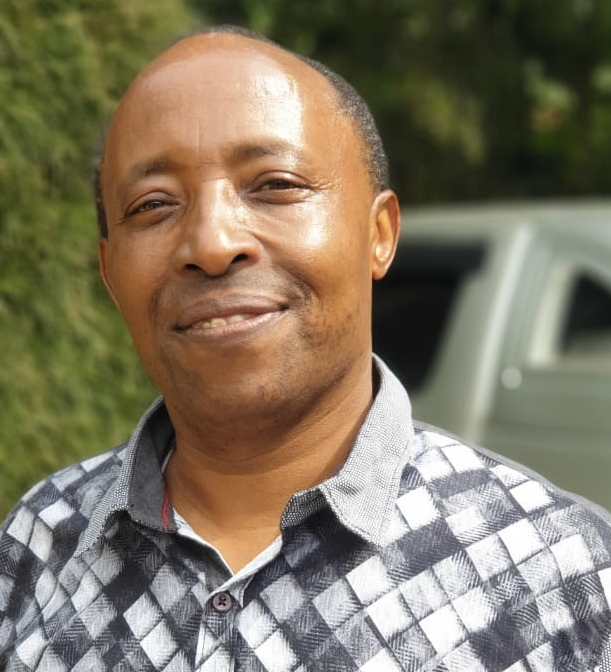WHAT: Launch of the DRESS-EA project
WHEN: 6 October 2020, 15:00 (UTC +3)
HOW: The launch is held online, on Zoom – to participate, please register here – you can also follow the event LIVE on GWP Eastern Africa’s Facebook page (no registration needed for that).
- - - - - - - - - - - - - - - - - - - - - - - - - - -- - - - - - - - - - - - - - - - - - - - - - - - - - - - - - - - - - - - - - - - - -
The DRESS-EA project aims to provide support to the IGAD region and the targeted countries, as they work to establish appropriate early warning systems and implement drought adaptation actions to enhance smallholder farmer and pastoralist resilience to climate change. In a first step, a grant agreement for the project, worth USD $2 Million, was signed - aiming to promote investments in Early Warning Systems (EWS) and improve the existing ones.
Ahead of the formal launch, GWP Eastern Africa Chair Peter M. Macharia says that the DRESS-EA project will significantly contribute to individual country National Adaptation Plan (NAP) efforts, which will result in a region that is not only aware of the climate-related challenges it faces, but one that is also able to work towards smart agriculture.
“The DRESS-EA project is expected to contribute to the much-needed food security, adaptation, and mitigation to the vagaries of climate change that the region is currently grappling with. There is a high expectation that the project will be replicated – not only in the rest of Eastern Africa, but even beyond these borders. The four riparian nations (Djibouti, Kenya, Sudan, Uganda) depend significantly on agriculture so the success of the project will allow each nation to showcase its results. A shift towards smart agriculture will be one of the key results of the project, which will not only enhance community livelihoods, but also positively impact individual country GDPs,” says Macharia.
Read the full interview with Mr. Macharia.
Top photo: Barren plains with dust storm during a severe drought, Kenya, by mostphotos.com/Nico Smit
Inset photo: GWP Eastern Africa Chair Peter M. Macharia


